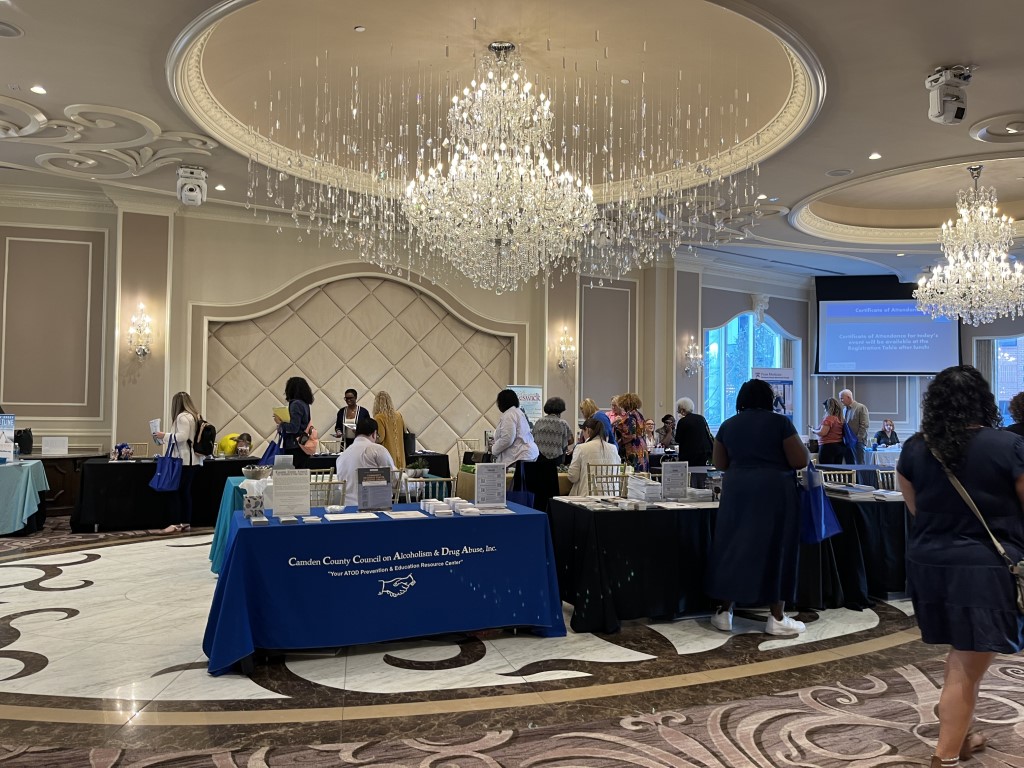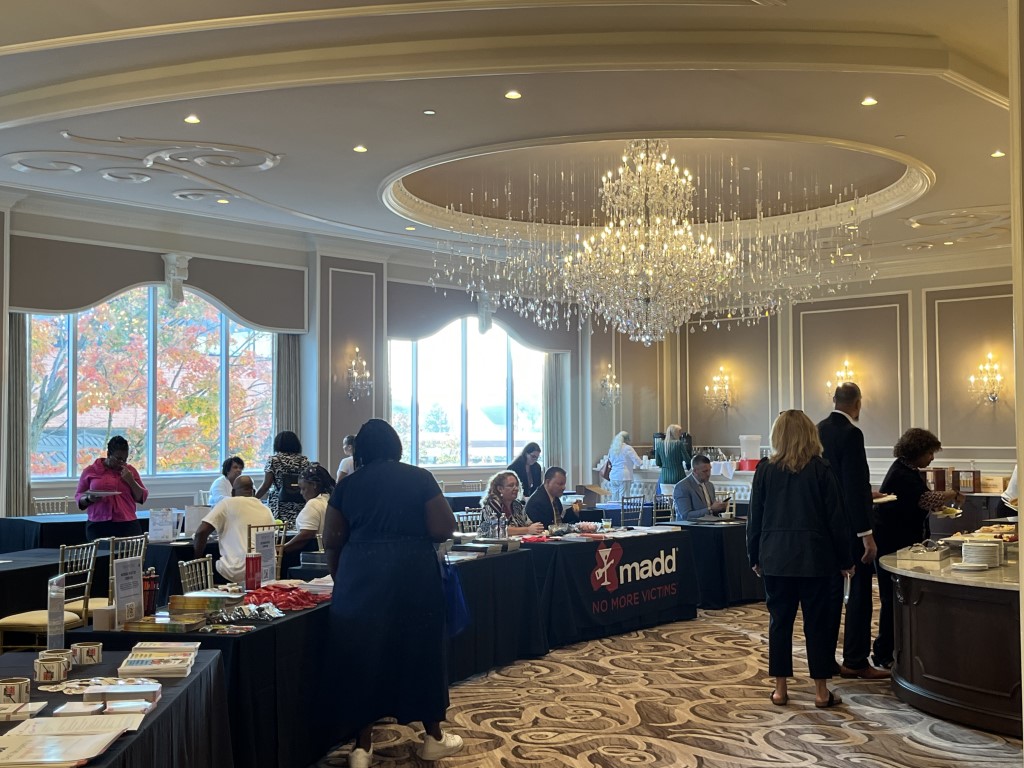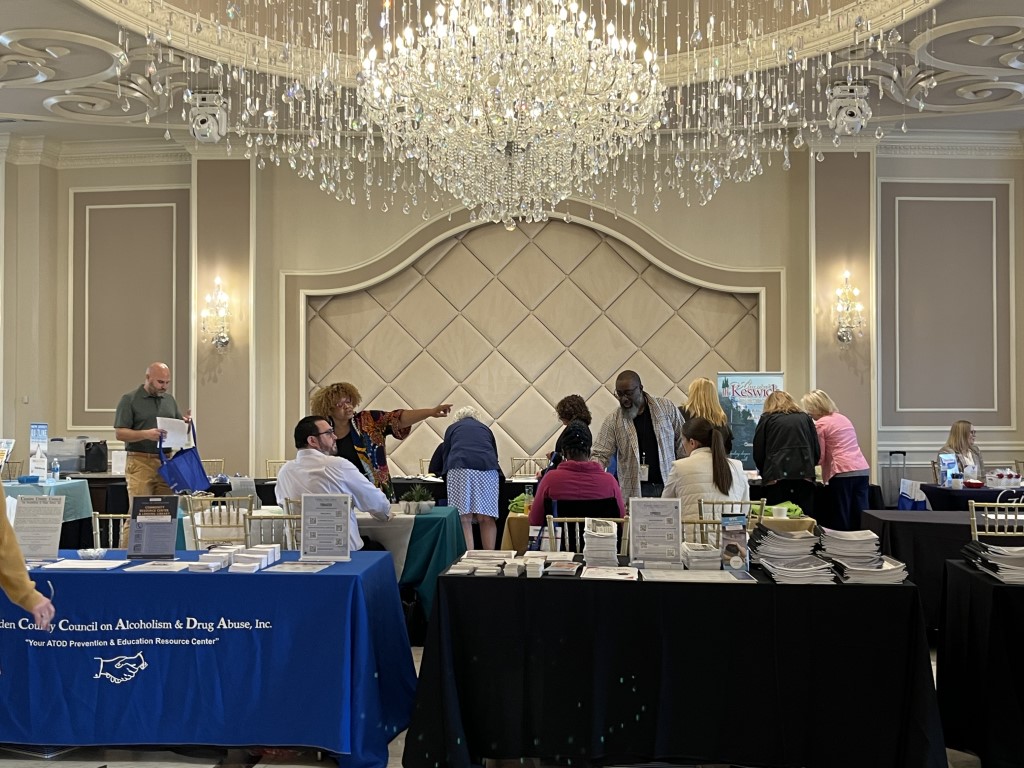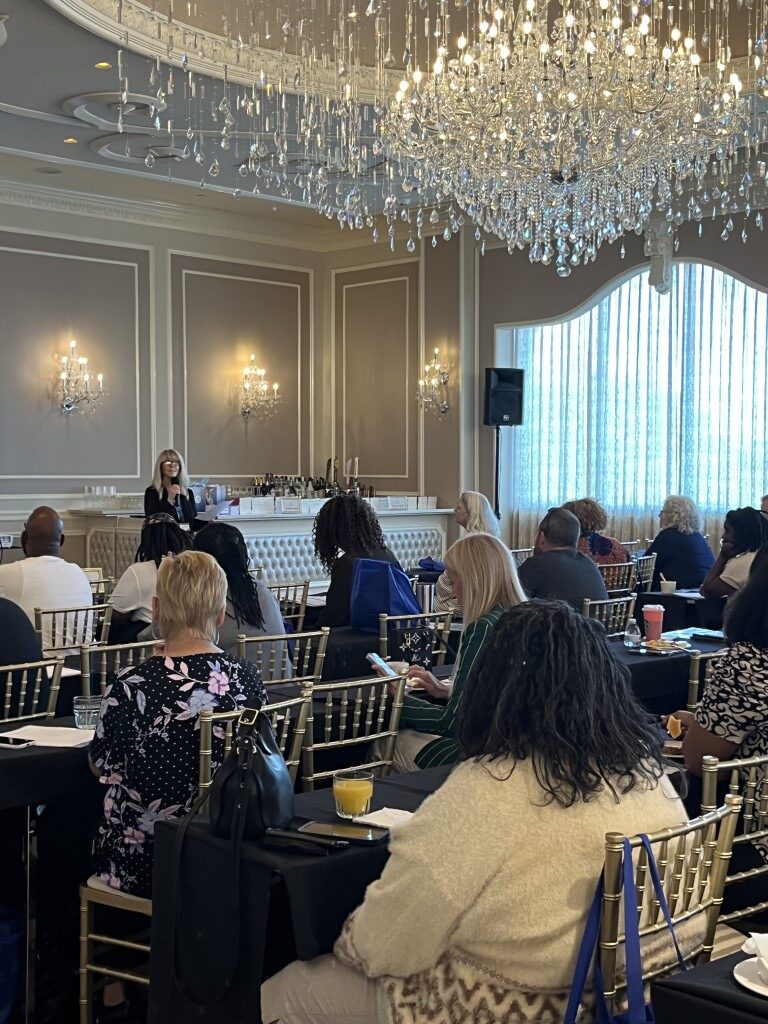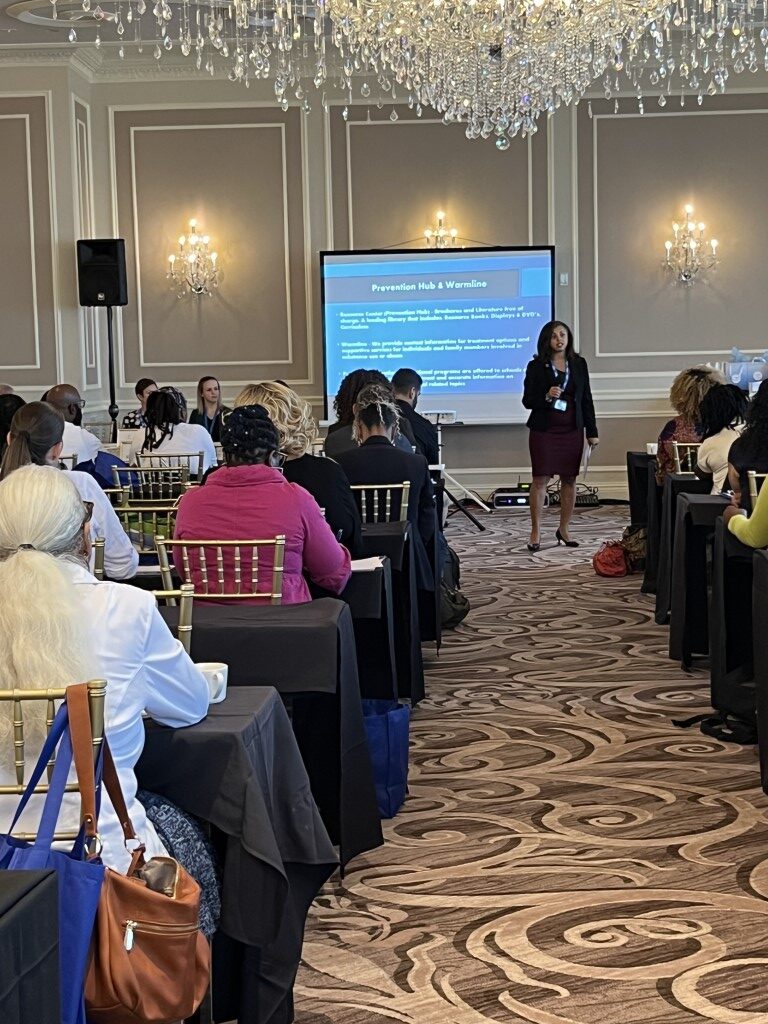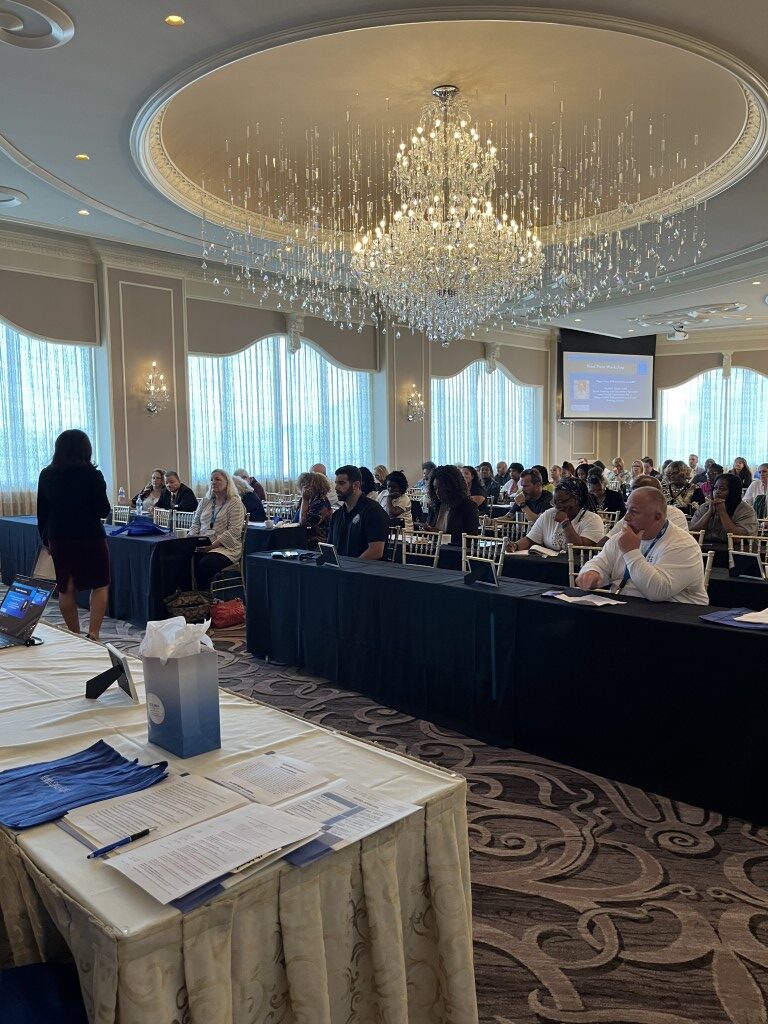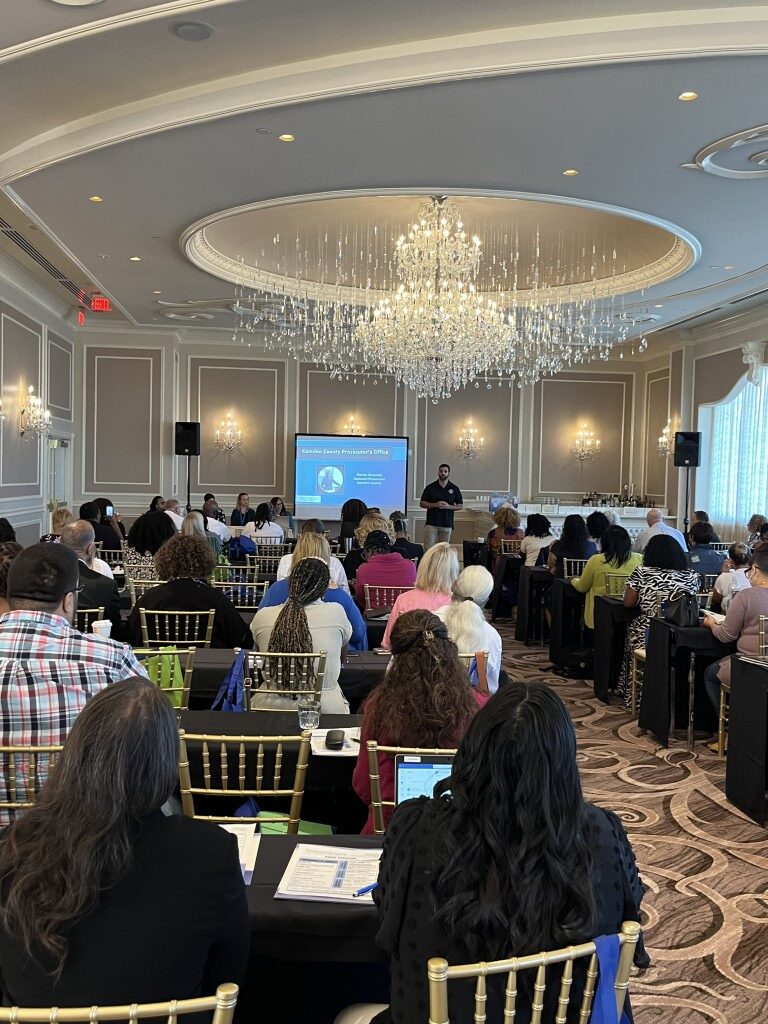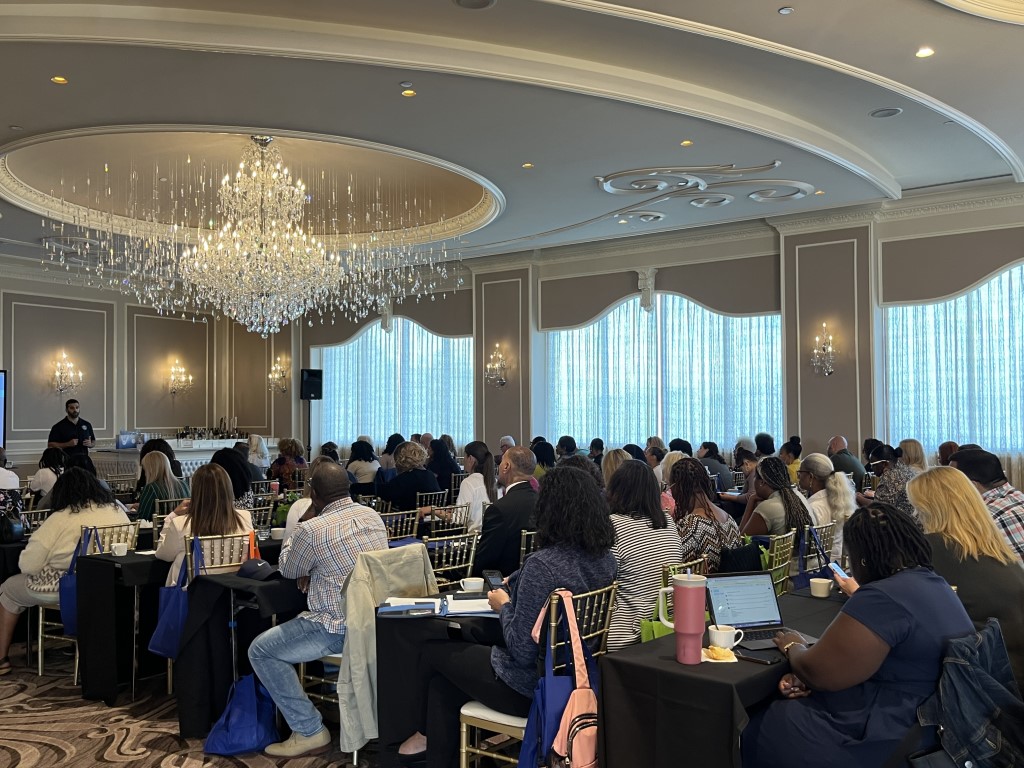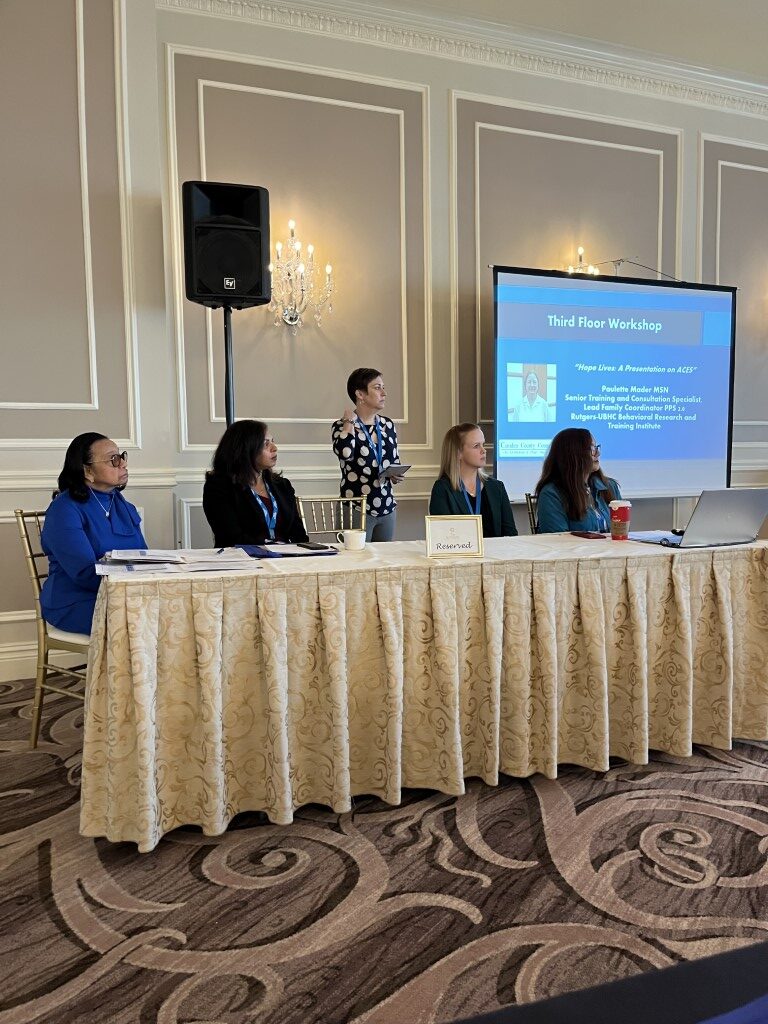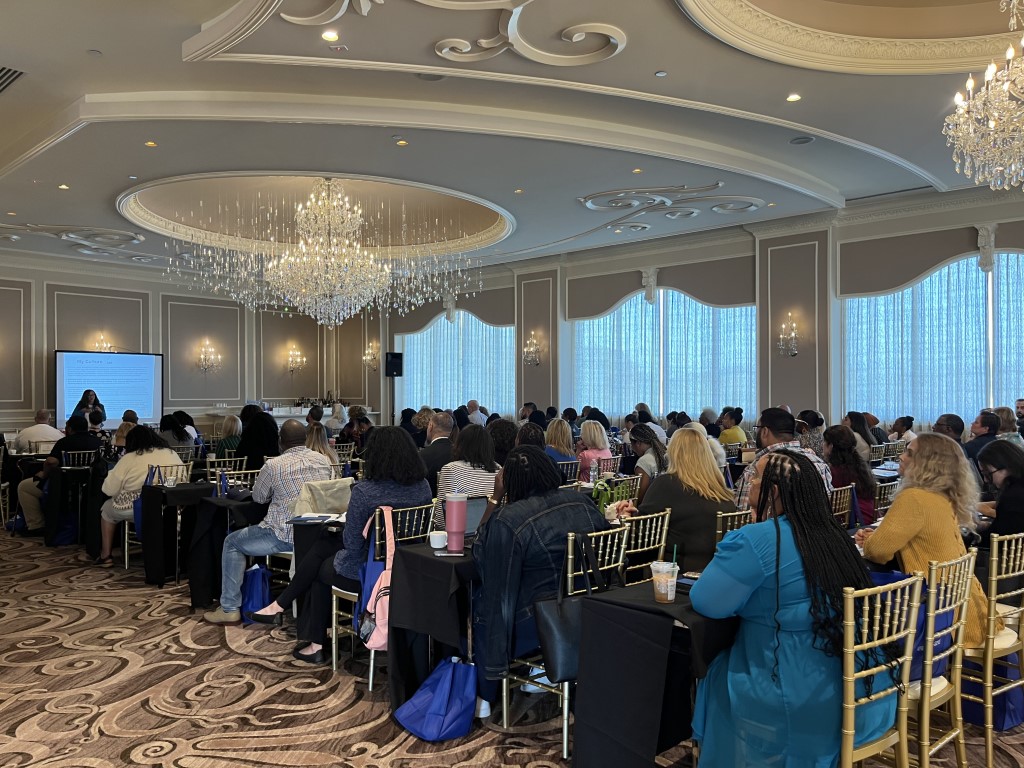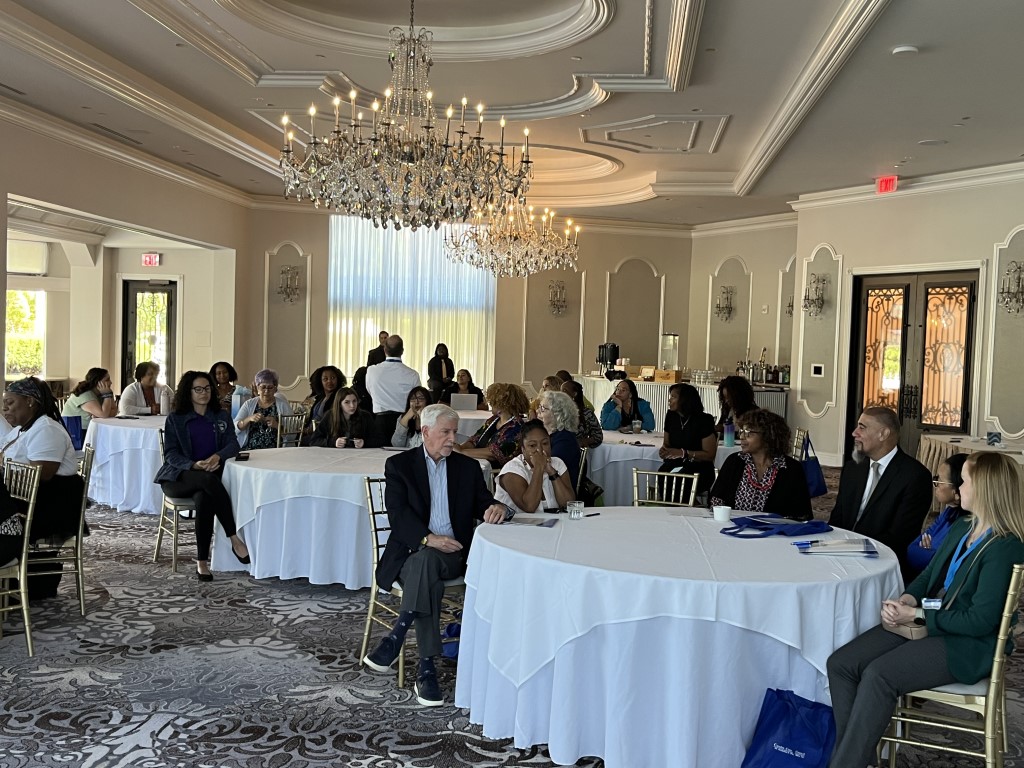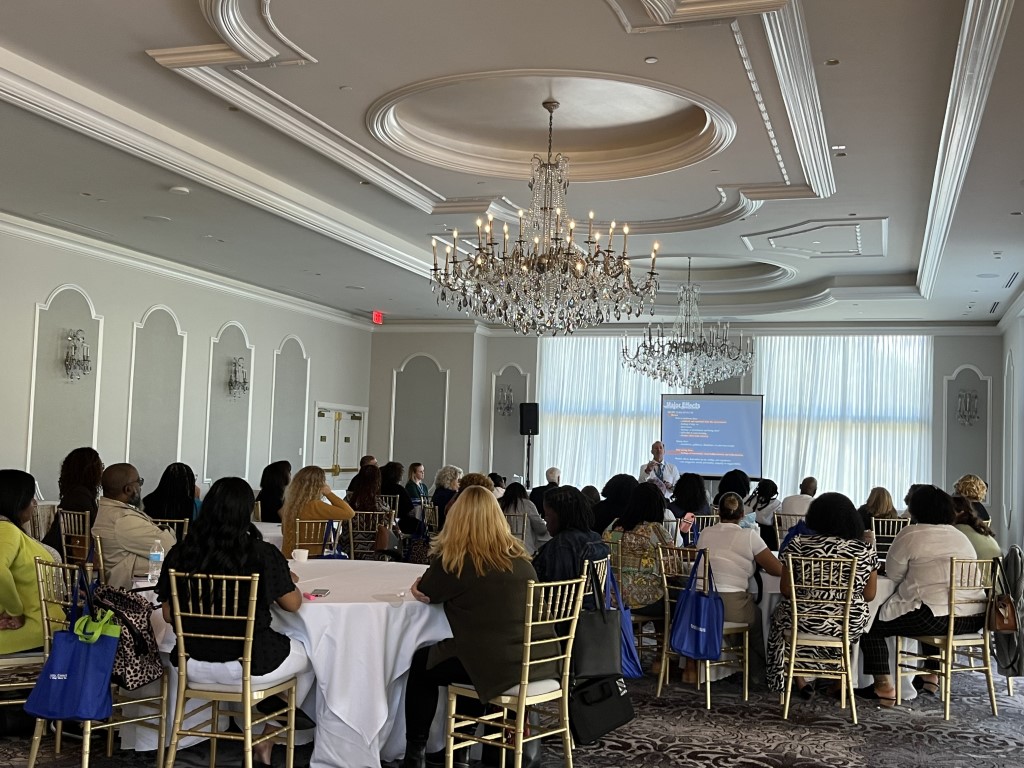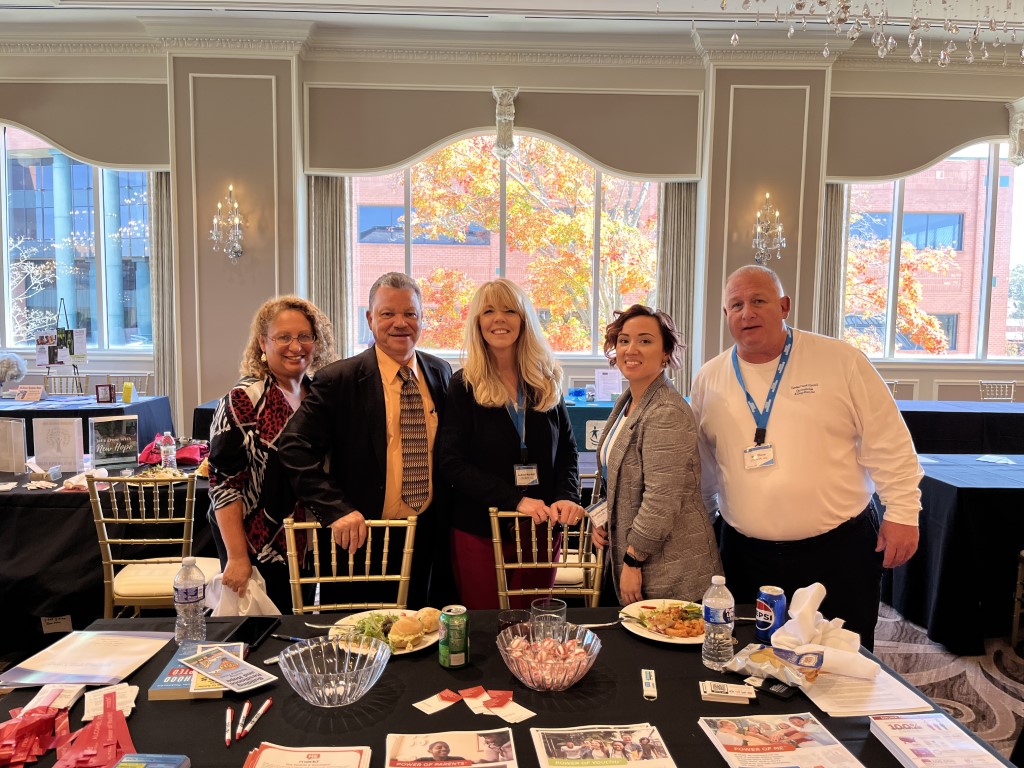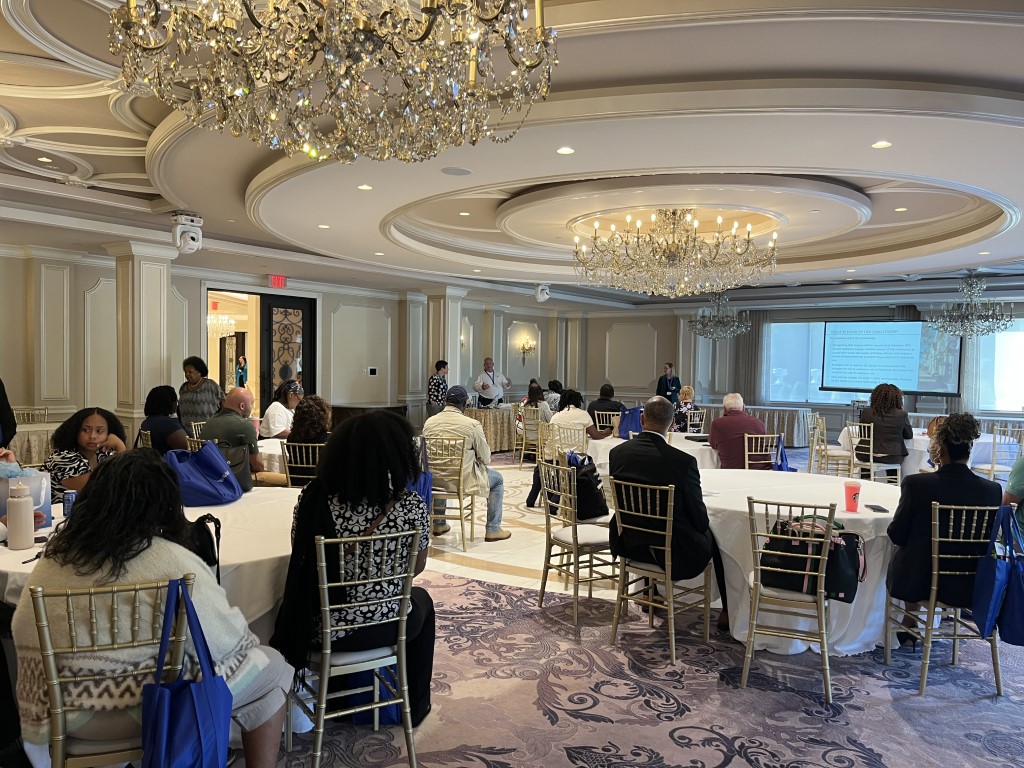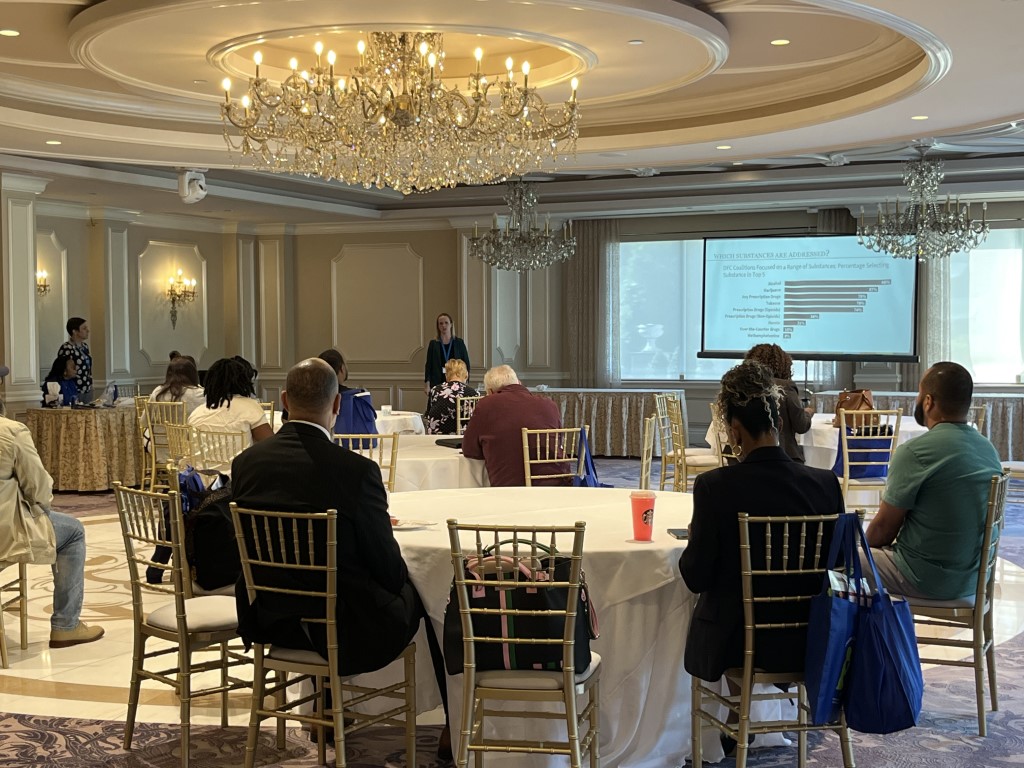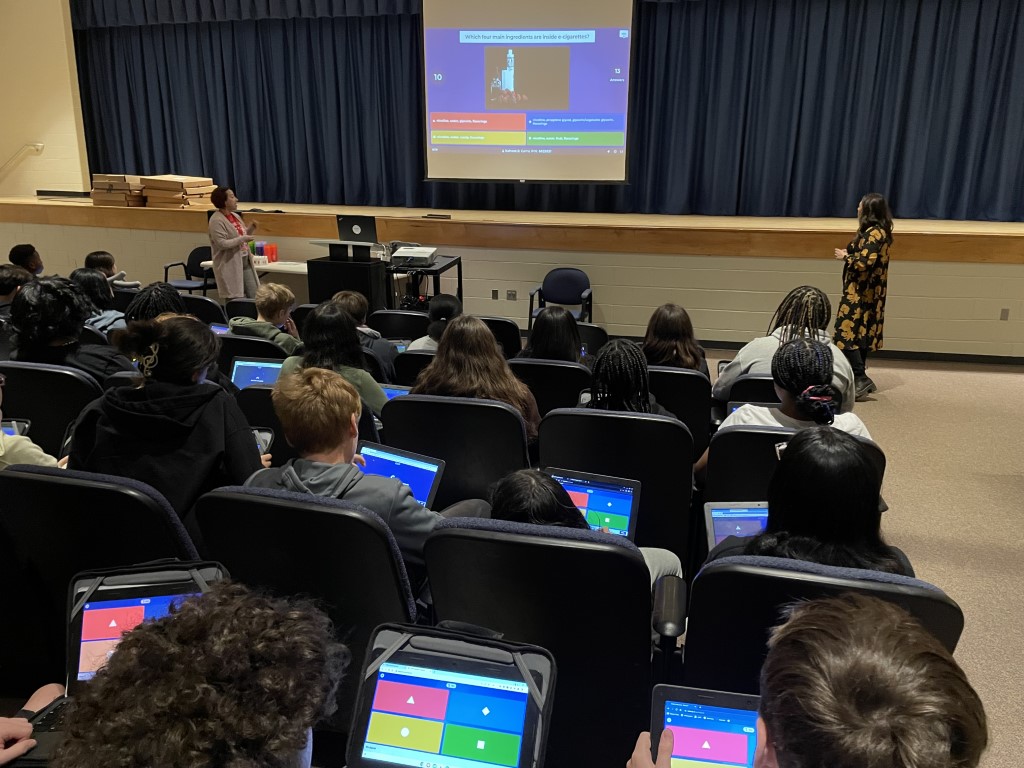Save the Date - 2024 Coming Soon!
2023 Connecting Communities Conference Highlights
Culturally Competent Approaches to Mental
Health & Substance Abuse, presented by:
Dr. June
DePonte Sernak Statewide Diversity Leadership
Officer, Center for Family Services
Cultural
competence is an essential ingredient in decreasing
disparities in Mental Health & Substance Abuse
environments. The ability to interact effectively with
people of different cultures is imperative to improve
client engagement in services, therapeutic
relationships between clients and providers, treatment
retention and outcomes. Utilizing CLAS (Culturally
and Linguistically Appropriate Service) Standards
provides the framework for everyone to navigate the
cultural continuum and acknowledge their own bias
and privileges. Join us in a meaningful conversation
to address barriers in health equities for behavior,
boundaries and belonging.
“Hope Lives: A Presentation on ACES,” Presented by:
Paulette Mader MSN, Senior Training and Consultation Specialist, Lead Family Coordinator PPS 2.0, Rutgers-UBHC Behavioral Research and Training Institute
What if we knew where most health and social challenges originate? What if we could reflect on our own risks for these challenges and make changes to lower them? The Adverse Childhood Experiences Study provided answers to these two questions. Robert Anda, one of the principle researchers in the Adverse Childhood Experiences Study, a landmark study that did connect the dots between social and health challenges and childhood adversity states,” What is predictable is preventable.” Learn more about this study and how it broadened our understanding of how adversity in childhood changes our brains, our stress response system and heightens our risk for challenges in childhood and later in life.
Underage Drinking, presented by:
Joseph Vasil, Director of Fraud Training Services Vasil ID Training, LLC
A comprehensive workshop of instruction that is designed to assist with the growing trend in the use of fraudulent identity documents. These authentic-looking credentials that are available online have duplicated nearly every security feature on their ID's making them virtually "undetectable". This workshop will instruct the proper ID protocol to detect/identify these fraudulent IDs within seconds. The workshop PowerPoint presentation will provide examples of both genuine and counterfeit documents such as: driver licenses, passports, green cards to distinguish the difference between genuine and fraudulent documents.
The Truth About MJ: Marijuana, presented by:
Douglas M. Collier, MA, DEA (Ret.), Director of Professional Outreach and Engagement, Department of Criminal Justice, Graduate Program Monmouth University
“It’s Just Marijuana" Informing our teens, the reality of marijuana uses during their adolescent years. This program will address the topic of marijuana use among adolescents. Some research has shown that states in which Marijuana has been legalized have seen significant increases in use among youth. This increased use brings with it significant increases in health concerns for our minors. Additionally, the sales of edibles (which contain higher concentration of THC) are in the edible form, often targeting youth, including sodas, lollipops, gummy bears, cereals, cookies, and candy just to mention a few products. Further, increased Emergency Department and hospital visits, including children’s poisoning are on the increase.
The Drug-Free Communities Support Program:
The Drug-Free Communities (DFC) Support Program is the nation's leading effort to mobilize community coalitions to prevent youth substance use. If you are interested in learning more about this funding opportunity, join us for a discussion and Q & A with DFC Officials. If you are a current or former DFC grantee, we invite you to join the discussion as well to share some of your highlights and successes.
